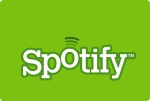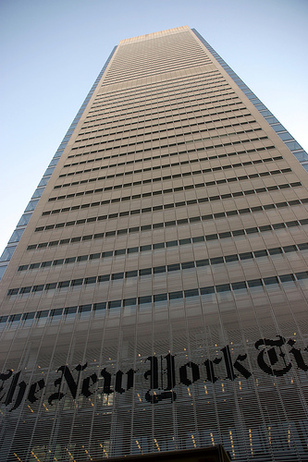 I was recently singled out at a music industry event for being the only person of over 100 attendees to pay for Spotify Premium.
I was recently singled out at a music industry event for being the only person of over 100 attendees to pay for Spotify Premium.
“So you’re the one” was called out. There were suppressed sniggers. One or two people actually booed me – which I still don’t quite get.
But what really hit home was the general consensus that I was naive for paying for something that is available for free elsewhere.
So why do I pay? Here are my five reasons for paying for Spotify:
- It’s excellent value. This may not be true for everyone, but through buying CDs, second-hand vinyl and digital music on iTunes, I have spent between £10 and £30 per month on music since I was 18. Spotify is, to a slightly above-average music user, a bargain. And as the library grows, it gets better value every week.
- Adverts lead to censorship. I don’t argue against adverts because of the quality of their content (though people tell me Spotify ads are particularly special in this regard). Rather, I am opposed to the censorial impact advertisers can have. It is something that has been well-documented, brilliantly summed up by Naomi Klein in No Logo. For example, if a brand does not like swearing, and Spotify wants to carry that brand’s adverts, it will have to ban songs containing swearing. Censorship is always just a dollar payment away.
- You can’t lose it. Contrary to some people’s views, music you don’t own is more secure than music sitting on a shelf in your home. I’ve lost a least 100 songs that I purchased on iTunes in the past two years – once through a computer failure, once through a relationship failure (the songs went with the laptop, TV and sofa). It’s nothing new – think of all the fights there have ever been over who owned which bits of the vinyl collection.
- It’s going mobile. It is likely that it will be available shortly on the iPhone and other 3G devices, for Premium users only. If the user interface on the mobile devices is as good as it is on the computer (with the caveat that content discovery could be improved), it will be a huge winner.
- The economic sustainability argument. The music ecosystem requires people to pay for it. If everyone pays, the music industry and writers profit and there is downward pressure on the price for the service. If nobody pays, the market fails. In between, there is an equilibrium.
So, on the grounds that I really like the service, and I would like to pay as little as possible for it, I have to declare a big and blatant self-interest in urging others to join me and enjoy Spotify ad-free.
Update | 13.45 | 28 July Official UK music industry figures suggest that I am actually quite a heavy music buyer. According to a story in The Times today:
…Spotify [asks] customers to pay £120 a year for the service, when, on average, music buyers spent half that amount on music purchases last year, according to research for the BPI, the record industry trade association.

